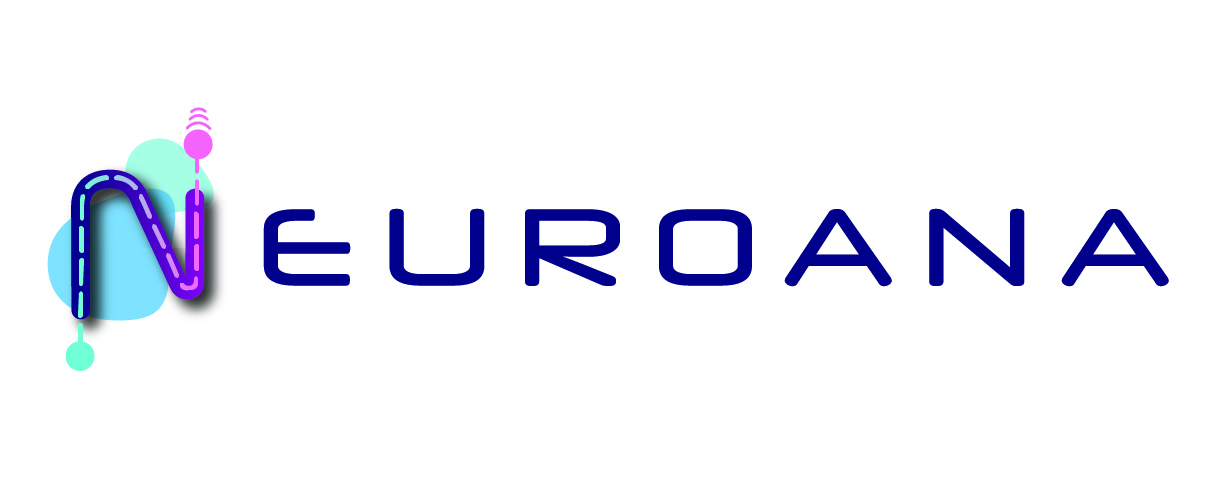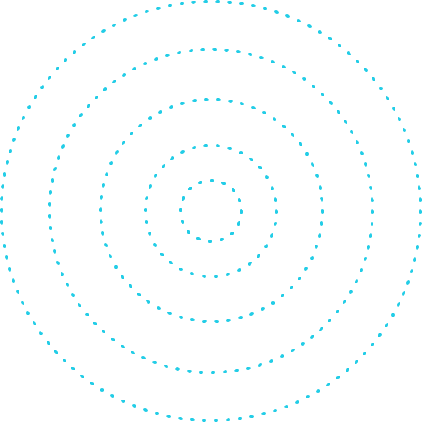Mental ill-health affects more than 1 billion people globally and causes ~19% of years lived with disability [1], with numbers rising following the outbreak of Covid-19 [2–4]. Non-invasive brain stimulation (NIBS) has been proposed as an intervention strategy for mental disorders. NIBS has immediate effects on neural excitability but also after effects [5], which makes it a potentially suitable therapeutic tool for mental disorders. NIBS encompasses transcranial magnetic stimulation (TMS) and transcranial direct current stimulation (tDCS). During TMS, a brief electrical current flows through a wire coil, creating a magnet field that passes through the skull and induces a current on the surface of the cortex, depolarizing neurons or their axons.
Read the full article here


0 Comments